

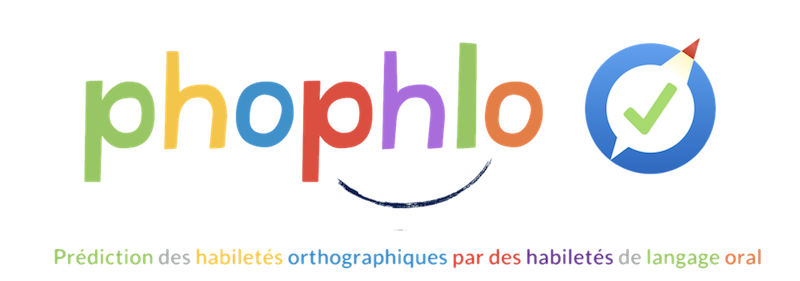
or scroll down


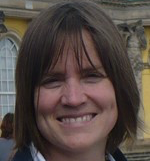

Ph.D., Orthophoniste, Adjunct Professor – Normand-Maurice Research Chair, École d'orthophonie et d'audiologie, University of Montréal


The procedures used to develop Phophlo, and to establish content validity and predictive validity are described in a scientific paper that will be published in the Canadian Journal of Speech-Language Pathology. The Abrégé abstract and some of the data from that paper are reproduced here:
Literacy is crucial for success, both professionally and personally. Oral language skills are closely related to literacy development in children. When a child has weak oral language skills, they will have difficulty achieving reading and writing competences within the expected time frame. We present the results from a longitudinal and cross-sectional study of the relationship between oral language skills in pre-literate children, and one aspect of their literacy skills in early elementary school- specifically, spelling. The study was conducted with French-speaking children and French-language learners from Quebec, a population that has been understudied in this area. We developed a predictive tool that will allow teachers and other professionals to assess oral language skills in young children and to predict those children at risk for literacy difficulties. Specifically, we screened children’s speech perception, speech production, phonological awareness, and morphology production abilities at entry to first grade and predicted spelling skills at the end of second grade. The screening tool that we developed proved to have a sensitivity of 71% and a specificity of 93% as a screen for poor spelling abilities.
more about research on Phophlo below
Table 5 of Rvachew et al. (in press) show the sensitivity and specificity of Phophlo, when used as a screener early in grade 1, to predict Belo spelling test performance at the end of the second year
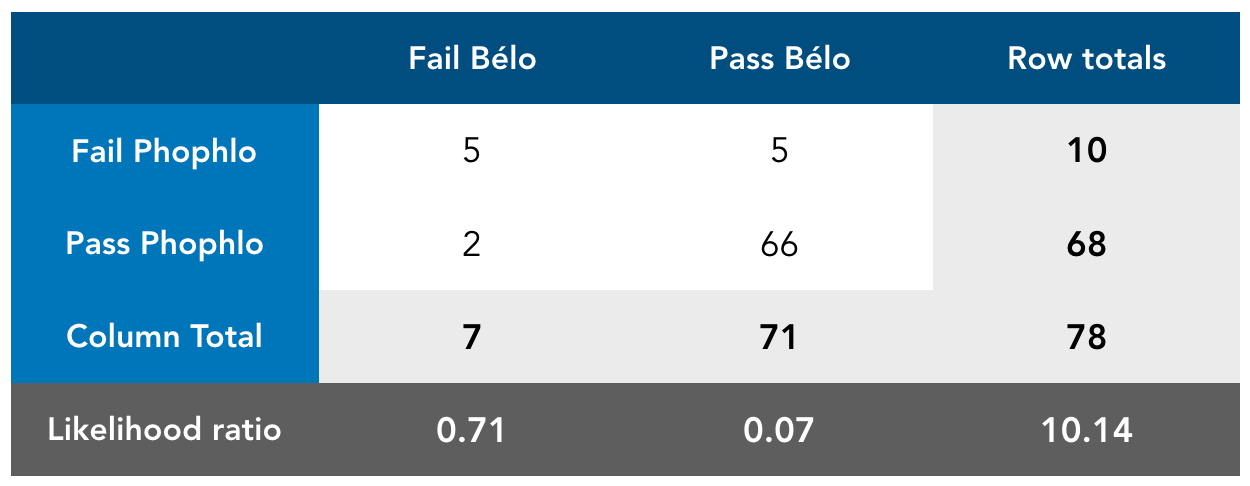
More recently we have examined the correlation of Phophlo scores with children’s ability to learn to retell a story, after hearing the story three times. In this study the children were assessed with Phophlo in the winter of the last kindergarten year. Then an adult reader read an ebook story with pairs of children three times in one week. At the end of the week, each child retold the story to a research assistant.
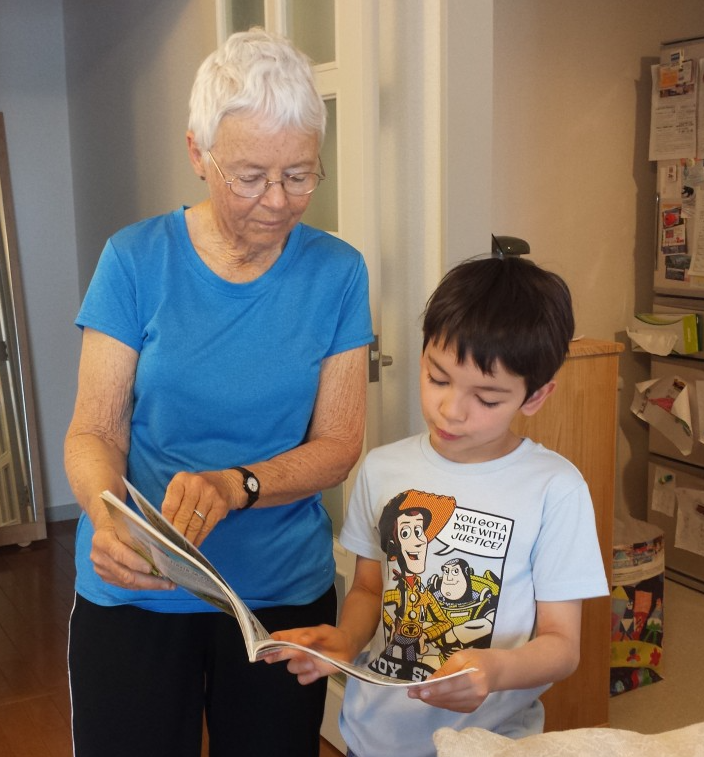
We have collected these data from 31 children to date and will update this chart as we continue this study. So far, it is clear that children who pass the Phophlo screener tell slightly more sophisticated stories and use many more unique words when they tell a story than the children who fail Phophlo. These data further validate Phophlo as a measure of oral language skills that is relevant to emergent literacy.
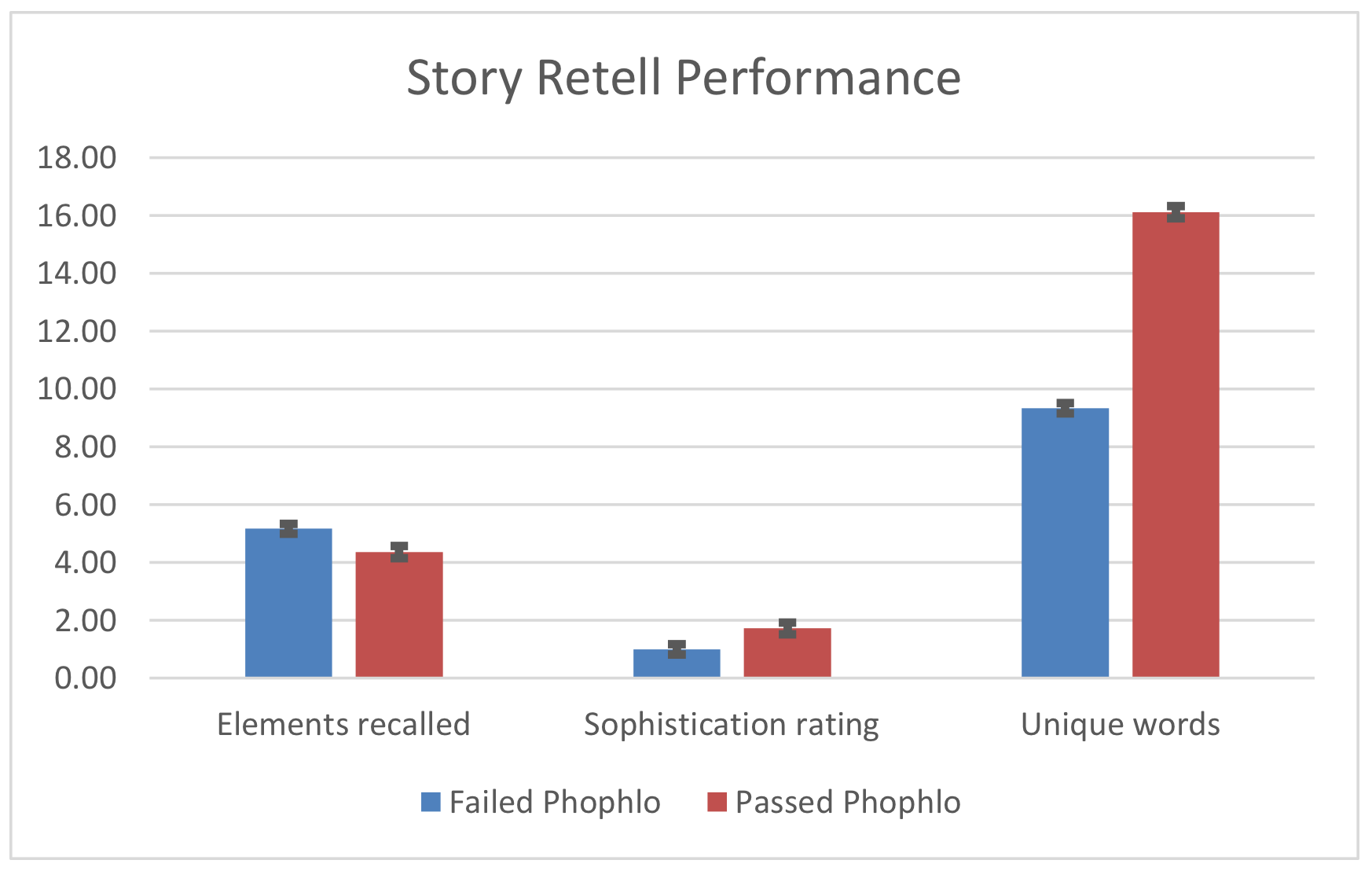
In the future we would like to determine if Phophlo provides any predictive value over and above that offered by screening tests. It is also necessary to conduct more predictive validity studies with Phophlo with other samples of children, possibly speaking other dialects of Canadian French or with greater or lower proportions of bilingual children. If you would like to collaborate with us, please contact Susan Rvachew or Phaedra Royle with your ideas.
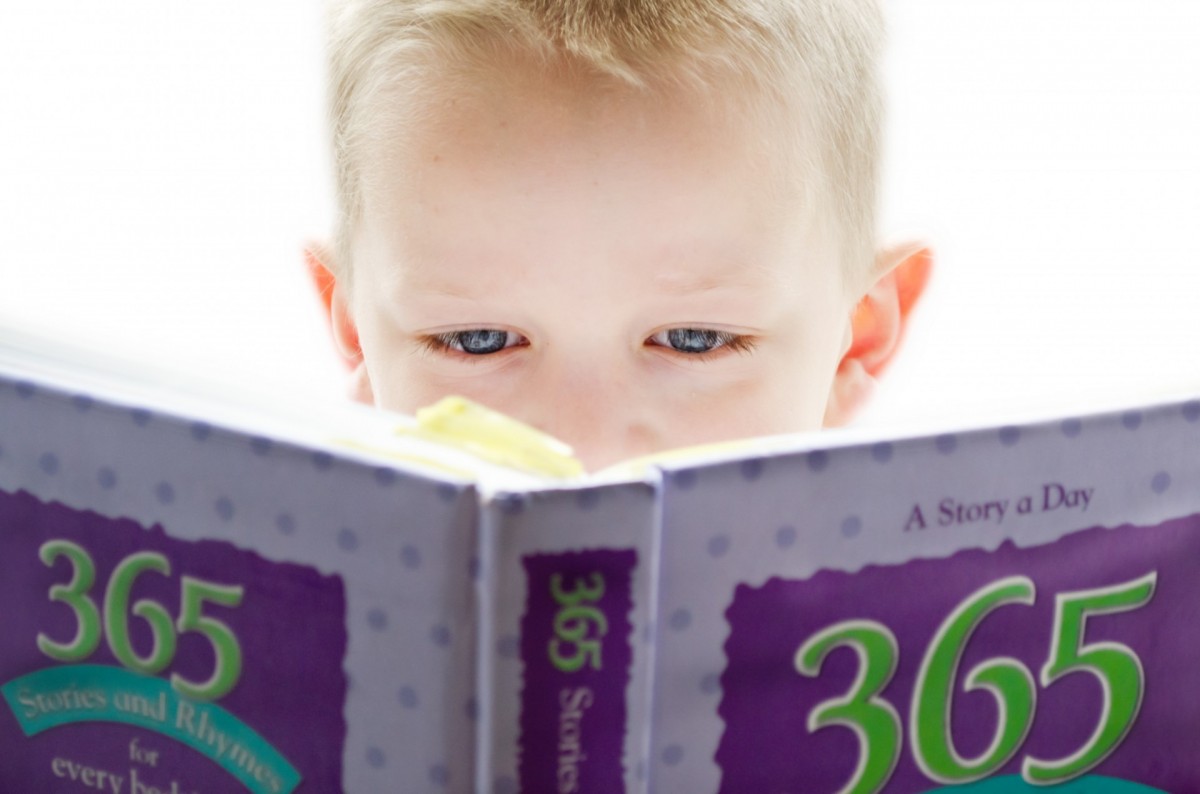
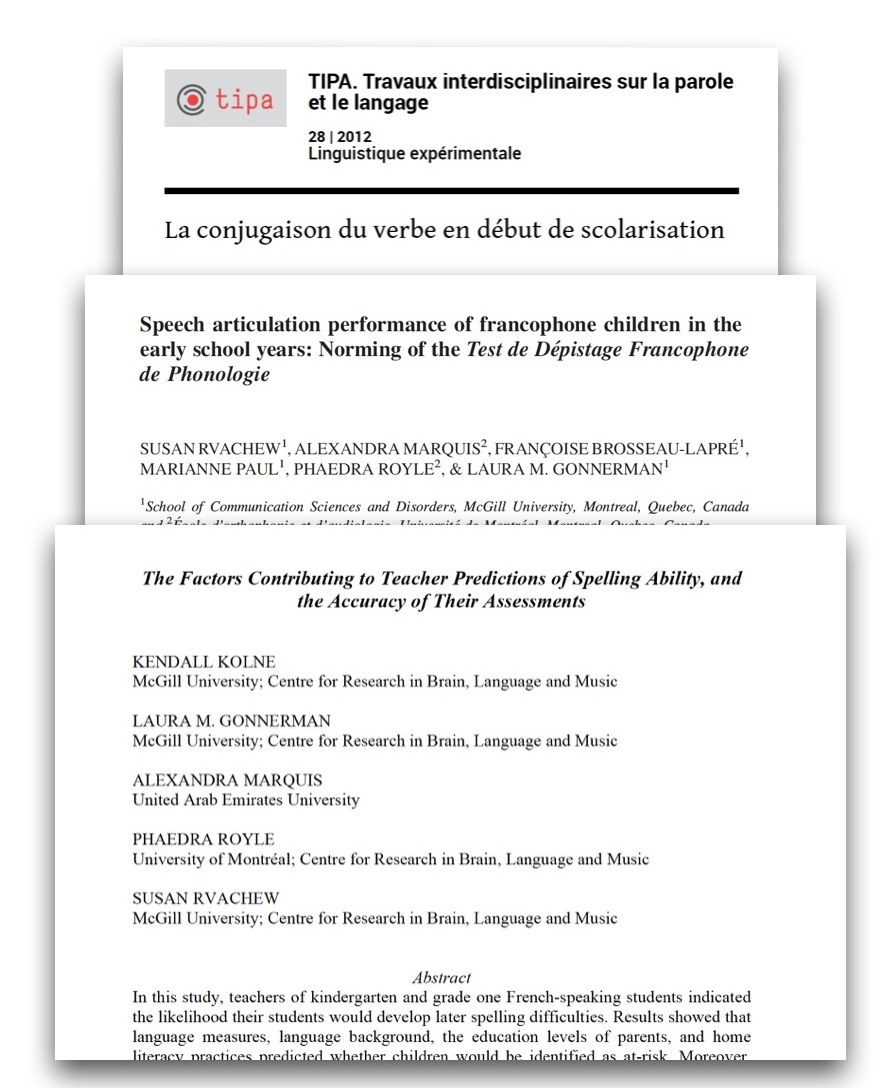
Discover how our application look below
the guide (in French) is just below
Here you can find responses to frequently asked questions as well as tips and advice on using Phophlo. As we are not able to offer full technical support, first check the FAQs to see if your question has already been answered. If not, please feel free to send us your questions and we will post the information here for other users to see.
As Phophlo will likely be used in a school-setting, we recommend that children wear headphones so that they can hear the stimuli properly.
However for certain games, especially during the practice round of Écoute and Qu’est-ce que c’est?, it will be useful for the evaluator to know what stimuli are being presented in order to give the child feedback.
We recommend that both the evaluator and the student wear headphones plugged into a jack splitter to be able to hear the stimuli properly. Sometimes iPad cases can be a bit bulky around the headphone jack, which can lead to difficulties with certain kinds of jack splitters. Therefore, we suggest a jack splitter like the one by the green checkmark over the style by the red x.
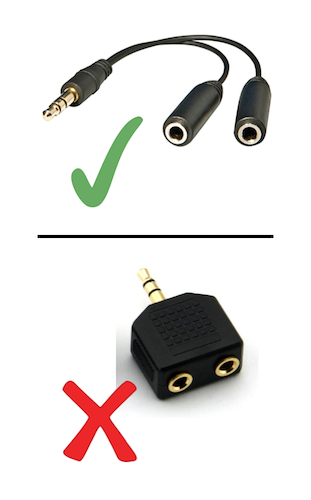
Currently, it is not possible to create an audio recording of the child’s speech during the game. If you would like to record the child’s responses, in particular during Écoute and Qu’est-ce que c’est? for further analysis, we recommend that you use an audio recorder during these games.
We do not offer full technical support, but if you have a question that has not been answered under the FAQs, please contact us at tech@dialspeech.com